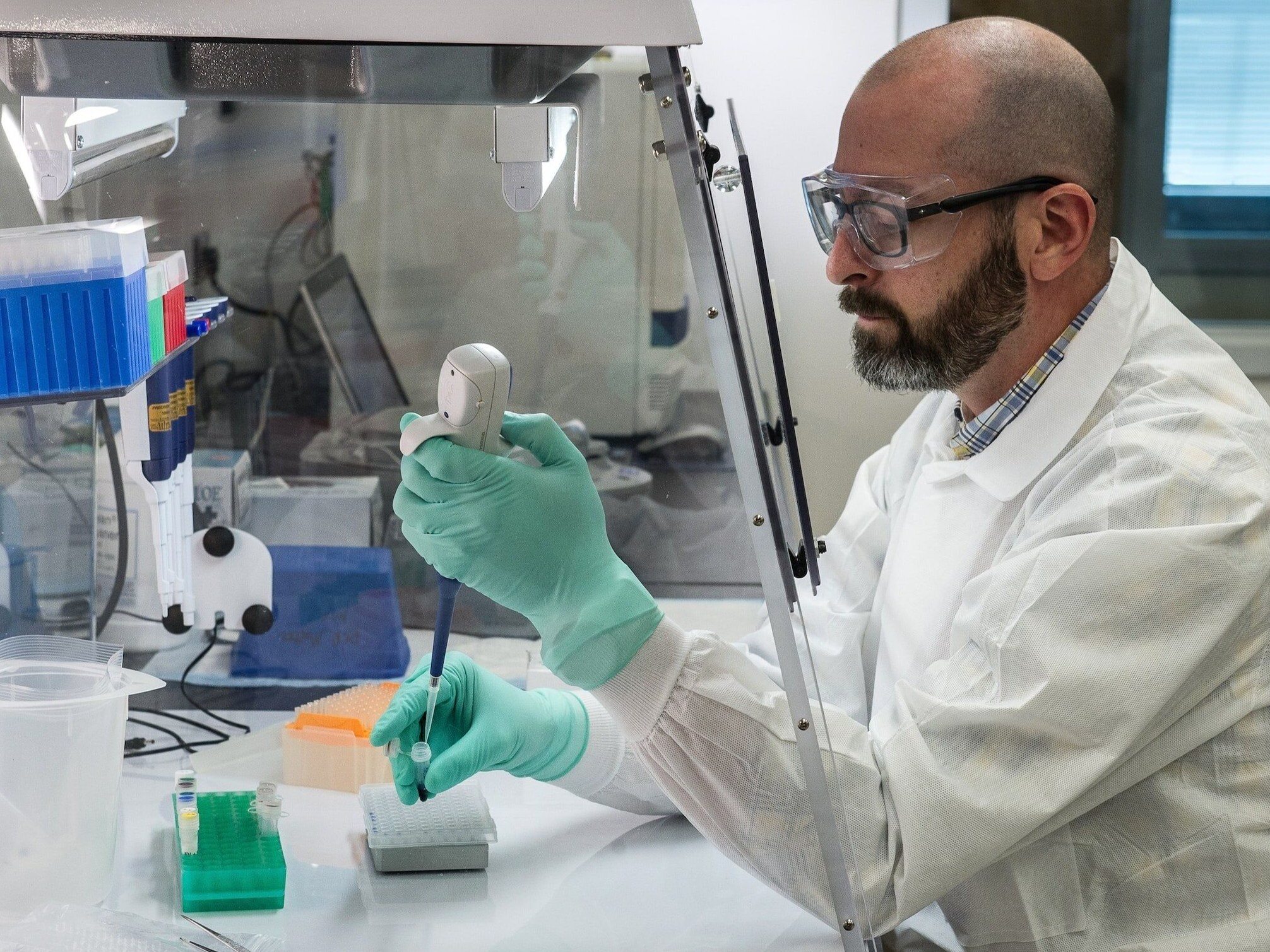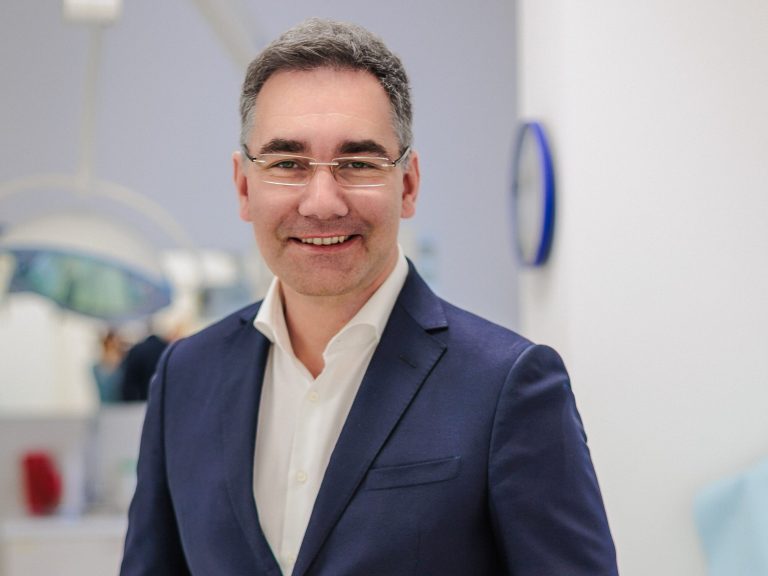Scientists have developed a probiotic that may help treat multiple sclerosis

Studies in mice offer hope for the treatment of multiple sclerosis and other autoimmune diseases. The conclusions of the scientists are very promising.
Biotechnologists at Brigham and Women’s Hospital have developed a probiotic that inhibits the auto-inflammatory reactions in the brain that eventually lead to multiple sclerosis. The results of animal studies, according to scientists, also give hope for people with MS. They are of the opinion that the method can be quickly tested in humans due to the fact that the strain of bacteria used is already administered to them. Researchers also found that the technique offered a more precise way to target inflammation in the brain while minimizing negative side effects compared to standard therapies.
Hope for a new method of treating MS
The study was described in the journal Nature. Dr. Francisco Quintana, the lead author of the study, explained that the team of researchers created probiotic bacteria that produce specific molecules important for the disease. Researchers say the new method, tested on animals, has proven to be safer and more effective than standard drugs. “When you take a regular drug, blood levels peak after the initial dose, but then decrease. However, if living microorganisms can be used to produce the drug inside the body, they can continuously produce the active compound as needed, which is crucial in chronic diseases that require constant treatment” – explained the scientist. In most cases, treatment options are severely limited. For this reason, the researchers’ discovery could be truly groundbreaking. “Modified probiotics can revolutionize the way chronic diseases are treated,” said Dr. Francisco Quintana.
A probiotic that is supposed to help patients with multiple sclerosis
Researchers focused their work on dendritic cells, which are found in large numbers both in the digestive system and in the vicinity of the brain. They are involved in controlling the functioning of the immune system. Researchers have discovered the mechanism by which these cells stop other immune cells from attacking their own body. “The mechanism we discovered is like a brake on the immune system. It is active in most people, but people with autoimmune diseases have problems with it. The body then cannot protect itself from its own immune system,” said Dr. Quintana. This mechanism can be activated with the help of lactate – it is a compound that is involved in various metabolic processes.
The researchers genetically modified the bacteria to produce lactate. “Probiotics are nothing new – we all see them marketed as supplements and promoted as a way to improve health. Using the methods of synthetic biology, we have created probiotic bacteria that produce specific molecules important for the disease. So we can take the benefits of probiotics and push them to the max.”
Tests on mice give positive results
During the study, the researchers conducted tests on mice that had a disease that corresponded to the human version of multiple sclerosis. Significant improvements were seen in the brains of the animals (despite the fact that the bacteria lived only in the intestines). “In recent decades, we have discovered that gut bacteria have a strong effect on the central nervous system. One of the reasons we focused on multiple sclerosis was to see if we could use this effect to treat autoimmune brain diseases. The results suggest so” – emphasized the researcher.






